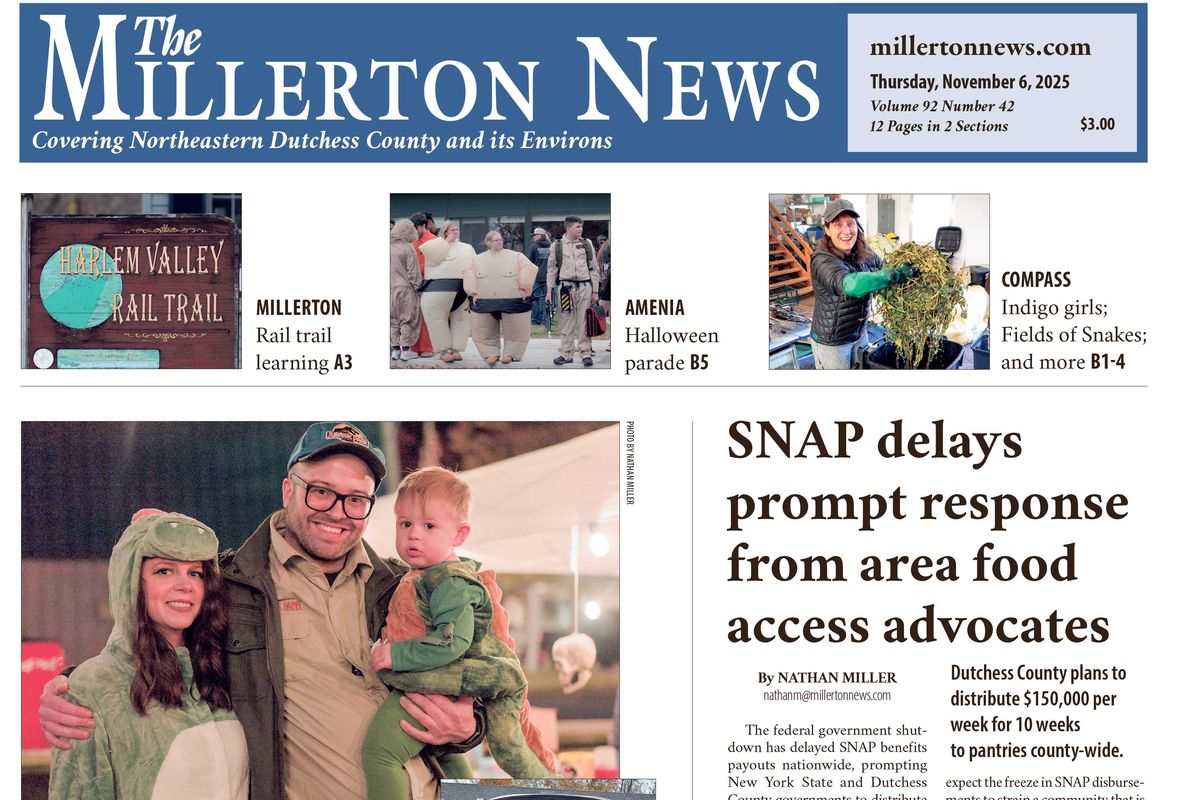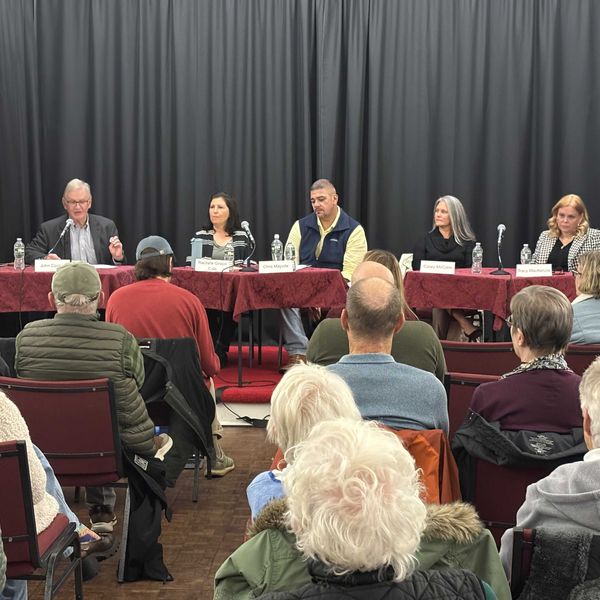Darrah Cloud, from writing laws to writing lyrics, for ‘Sabina’
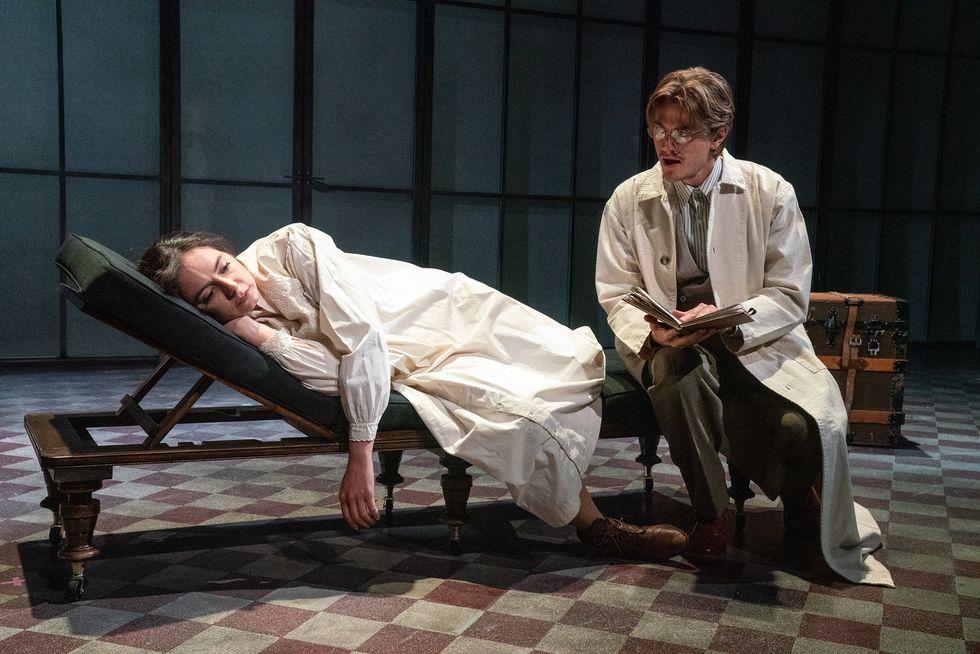
Former Pine Plains town Supervisor and local resident Darrah Cloud, an award-winning author and well-known playwright who spearheads the weekly Pine Plains Writing Group, is at the Portland Stage Theater in Portland, Maine, watching the lyrics she wrote for the play “Sabina” come to life, as shown in the scene shown above. Photo submitted


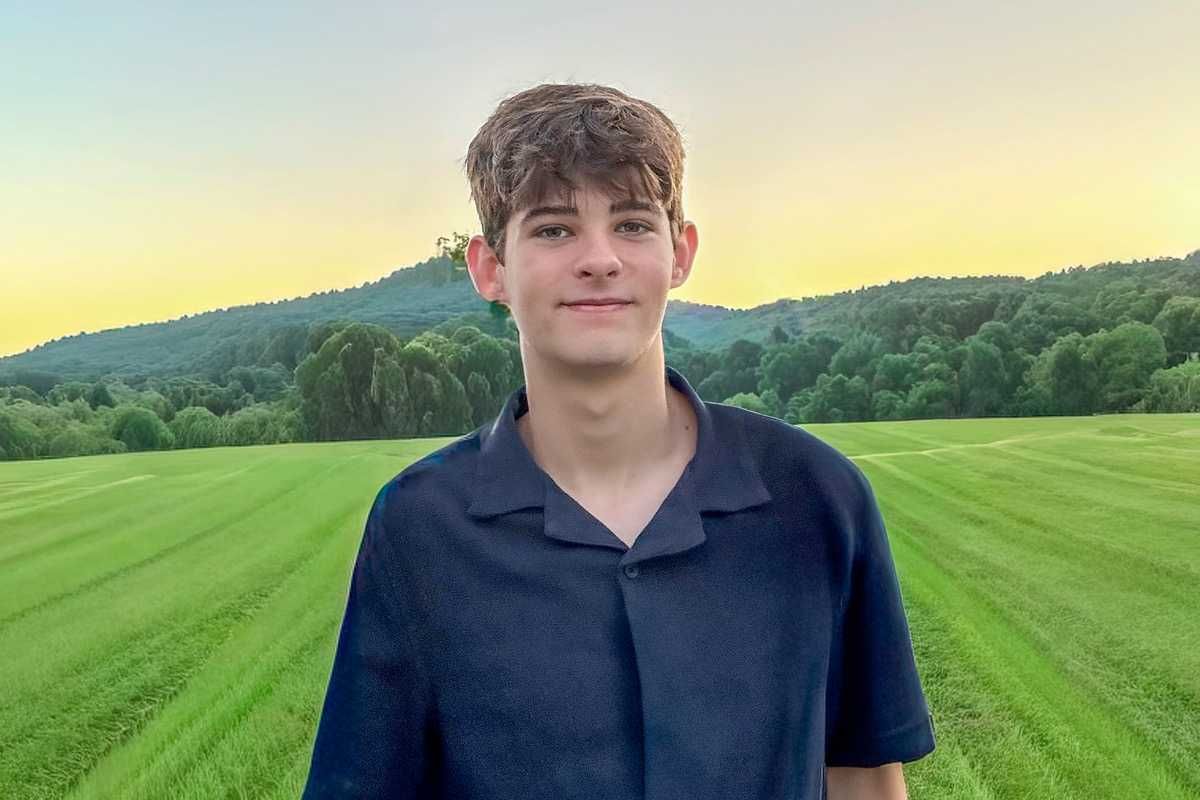
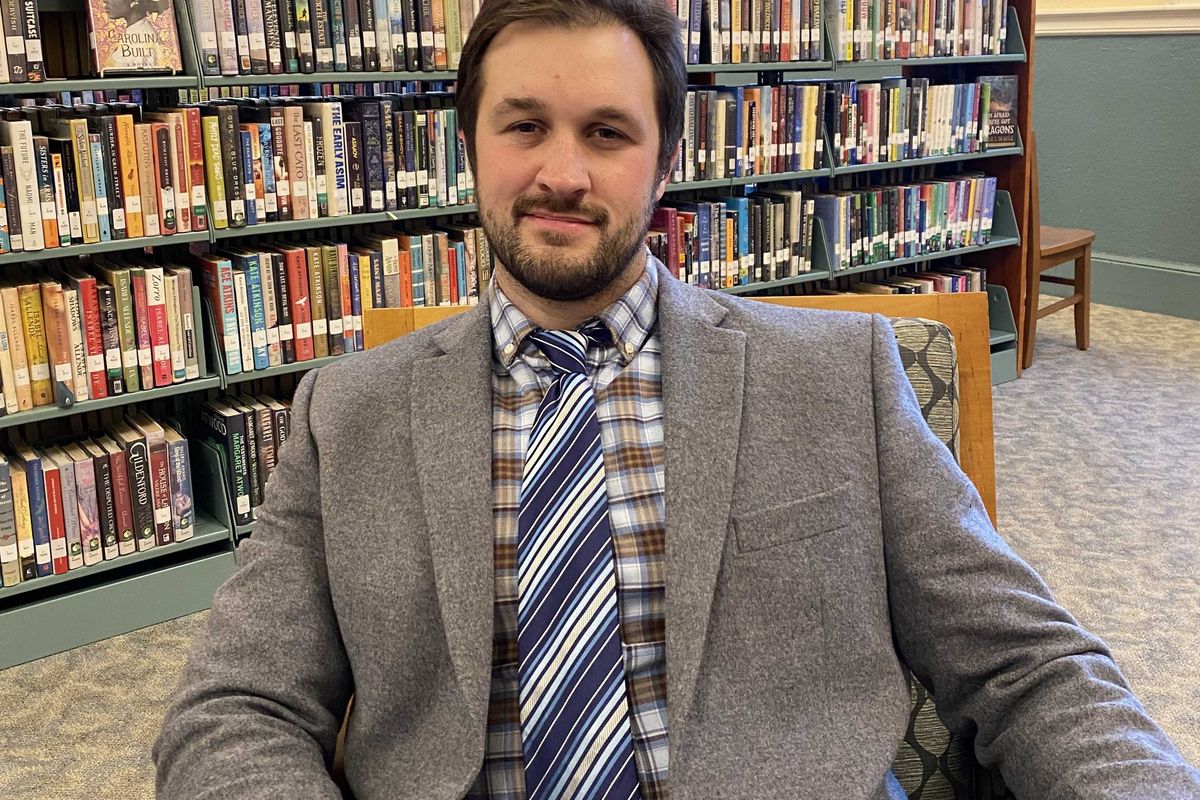
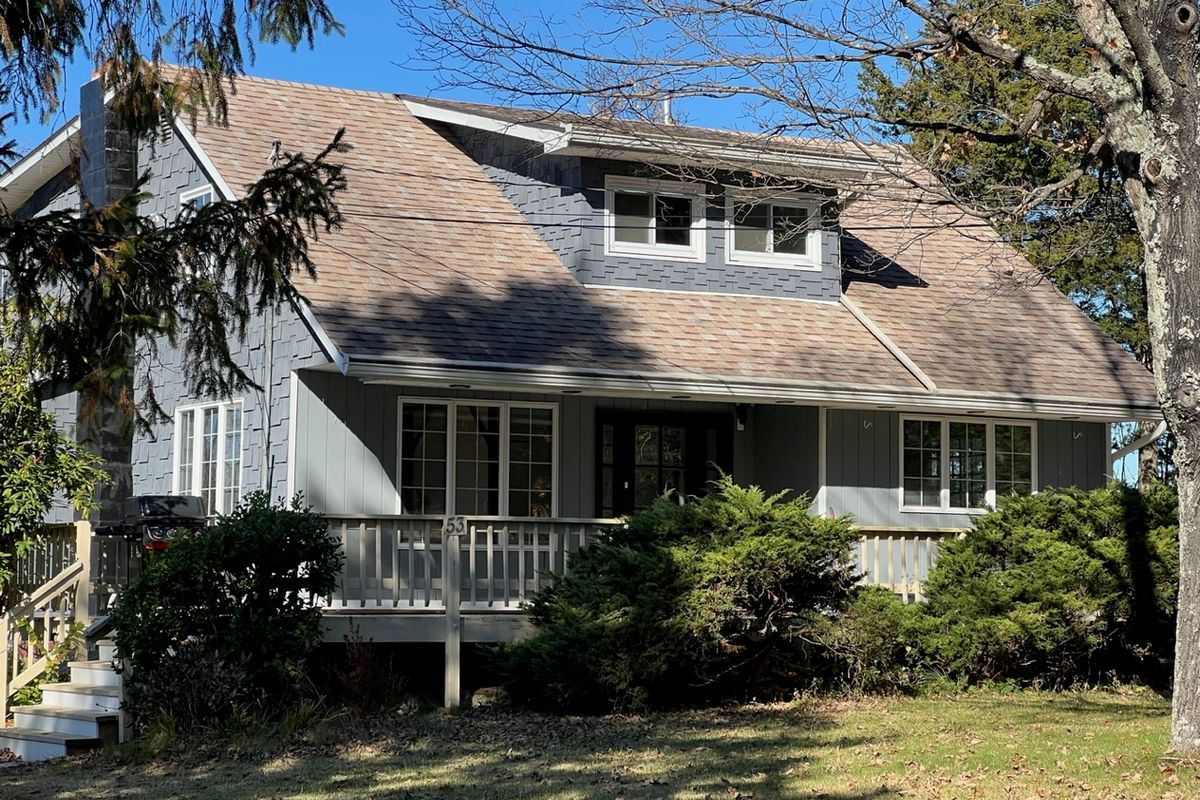
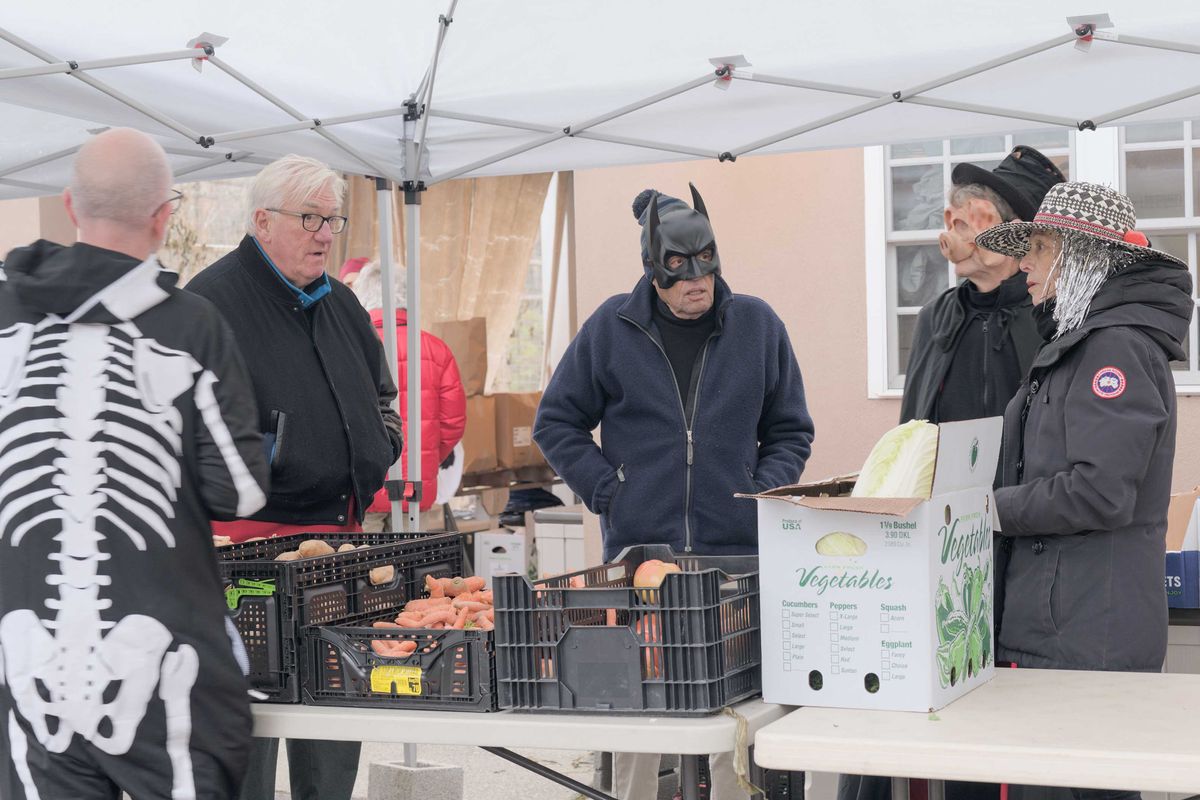

 Webutuck High School social studies teacher Kevin Kleespies let students pet his bear steed as they passed.Nathan Miller
Webutuck High School social studies teacher Kevin Kleespies let students pet his bear steed as they passed.Nathan Miller